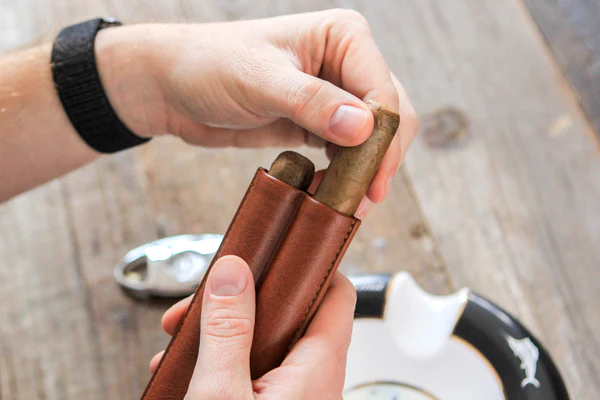Brain injury can affect the relationships of the person who has had a brain injury. The impact could also extend to family members, especially the wife or husband. The person who is recovering or has already recovered from brain injury may exhibit behavioral and emotional changes. It’s, therefore, crucial to understand the persons recovering from brain injury to be able to provide the much-required assistance.
1. Challenges Due to Changes
The closest family members may feel like they deal with a different person from the one they knew. On the other hand, the person recovering may feel rejected and dejected. However, if the recovering person can better comprehend what caused the injury and may need the services of a lawyer. As such, the brain injury Odjaghian Law firm may come in handy in helping the injured understand their rights representing the injured in a court of law for compensation.
Challenges in the form of changes may also occur due to changes resulting from the injury.
· Changes in family roles and responsibilities
For example, suppose a family man suffers brain injury to the extent that they can not attend their daily routines. In that case, the other family members may have to take the role of a breadwinner, which may seem difficult to handle. Similarly, if a wife is sick to the extent of not cooking for the family, the husband may find it challenging to take up kitchen duties. Consequently, their relationships may be affected negatively, and there is a need to seek professional assistance from a counselor for all the parties.
· Changes in Communication
The person recovering from a brain injury may have developed speech problems. The speech problem may create a communication barrier, leading to isolation by the family members and friends. The communication barrier may become a massive challenge to the married partners who may feel as if they are married to strangers.
2. Effects of The Changes
· Fear and Anxiety
The family and partners of the affected person may develop a fear of the cause of brain injury or the fear of the changes themselves. The partner may be involved in tasks they may not be familiar with, thus causing panic and anxiety.
· Stress
Both the person recovering from brain injury and their family members may feel stressed due to the sudden changes in roles and responsibilities. The partners may feel stressed because they don’t know what to expect from each other.
3. Tips To Improve On Relationships During The Changes Period
· Recognize Your Partner’s Roles
Notice and appreciate your partner’s role and have time to discuss the new roles irrespective of the tight schedule. Appreciation will lighten the burden on your partner’s shoulder as they feel appreciated.
· Say a Big Thank You
Spare a moment and tell your partner a big thank you. It pays to say thank you. Your partner will have rejuvenated energy from the simple thank you.
· Spare Family Time
Despite the busy schedule, spare some time as a family and meet and enjoy some time. Family bond time is very crucial to the healing of the body and soul.
· Focus on The Small Recovery Steps
As a family, you need to focus on the small advancements you make instead of focusing on the family’s challenges. This creates a recovery mindset rather than a mindset of defeat.
Conclusion
After a brain injury, many family members try to adjust to their new roles and the many changes within the family unit. Family relationships face challenges that are huge but surmountable. Family members must keep together and assist each other emotionally and physically. Create a positive environment at home and focus more on the small recovery steps rather than the difficulties within the family.





Recent Comments